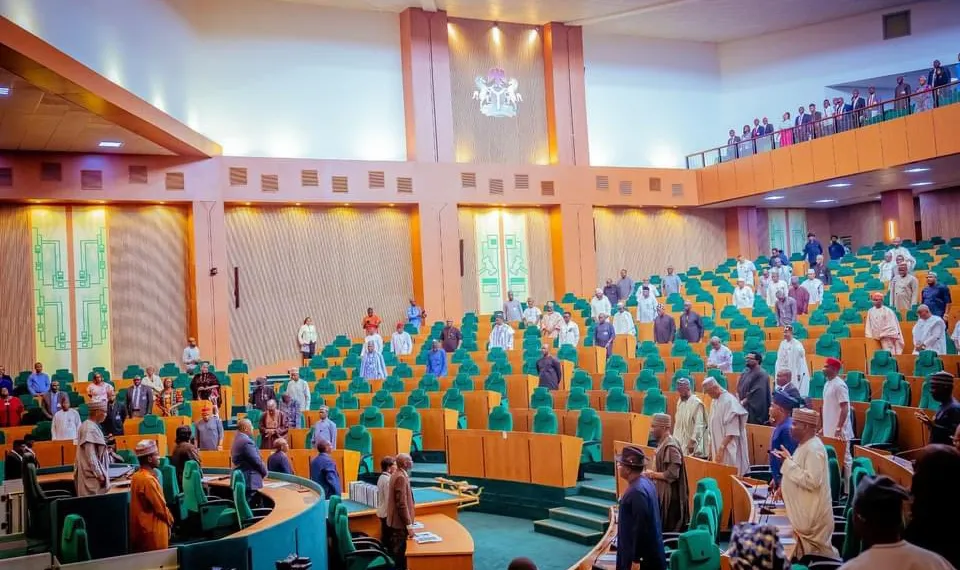
Nigeria’s House of Representatives is pushing a major reform of the country’s financial technology regulation through a bill sponsored by Hon. Fuad Kayode Laguda of Lagos State. The bill seeks to establish the Nigerian Fintech Regulatory Commission (NFRC) — a single authority that would license, monitor, and regulate all fintech companies operating in Nigeria.
The proposed commission would consolidate oversight powers currently spread across multiple agencies, including the Central Bank of Nigeria (CBN), the Securities and Exchange Commission (SEC), the National Information Technology Development Agency (NITDA), and the Nigeria Deposit Insurance Corporation (NDIC). If passed, the law would end the fragmented system that has long created confusion among fintech operators and investors.
The bill proposes a unified licensing system where fintechs would obtain either individual or class licences based on their specific activities such as payments, lending, cryptocurrency operations, crowdfunding, or regulatory technology (regtech).
Non-compliance with licensing or renewal provisions could lead to suspension, revocation, or heavy fines. It would also require fintechs to maintain internal compliance teams, hire legal counsel, and undergo periodic technology audits.
In addition to issuing licences, the NFRC would:
The aim is to simplify supervision, remove overlaps, and ensure that all fintechs operate under uniform standards.
For years, Nigerian fintech companies have struggled under a patchwork of regulations. The Central Bank oversees payments; the SEC handles investment and crypto platforms; NITDA regulates data; and other bodies handle parts of compliance. This fragmentation often leads to conflicting directives, multiple fees, and regulatory uncertainty that discourages startups and foreign investors.
By consolidating oversight under one authority, the NFRC aims to reduce bureaucracy and promote innovation, while strengthening consumer protection and transparency.
1. Stricter Compliance Requirements
Startups will face higher regulatory obligations, including continuous audits and mandatory compliance structures. This could increase operational costs but also bring more credibility to the sector.
2. Nigerian Ownership and Management Participation
The NFRC bill encourages local participation in fintech ownership and management. It gives the commission authority to review or reject foreign participation based on fairness and reciprocity. Foreign-backed fintechs may need to restructure boards or leadership to comply with local requirements.
3. Consumer Protection Measures
The commission will have powers to address anti-competitive and predatory practices, especially from digital lenders accused of unethical loan-recovery methods. This could bring relief to millions of borrowers who have suffered from harassment and data abuse.
4. Boost to Open Banking and Interoperability
The NFRC can enforce interconnection among financial institutions and fintech platforms, enabling seamless transactions and promoting innovation in Nigeria’s growing digital economy.
Hon. Fuad Laguda introduced the bill earlier this year. It has passed its second reading in the House of Representatives, reflecting strong legislative interest. The next step will be committee reviews and public hearings where stakeholders from the fintech sector, financial institutions, and consumer advocacy groups are expected to make input.
Industry observers say the move could be transformative if implemented efficiently. Supporters argue that a single regulator will eliminate redundancy and increase investor confidence, while critics caution that too much centralization might slow innovation or create bottlenecks if not carefully managed.
Nigeria is Africa’s fintech powerhouse, with startups like Flutterwave, Paystack, and Moniepoint leading digital finance innovation. However, the absence of a unified regulatory framework has been a persistent challenge.
The NFRC proposal aligns with global trends where countries are creating specialized agencies to oversee fintech and digital financial services. Similar frameworks exist in the UK (the Financial Conduct Authority) and Singapore (the Monetary Authority of Singapore’s Fintech Office).
If passed, the NFRC would become the most powerful fintech regulatory body in Africa, potentially making Nigeria a benchmark for fintech governance across the continent.